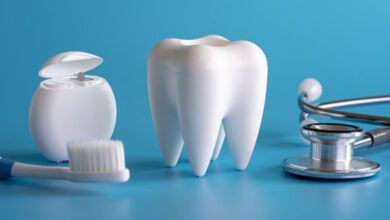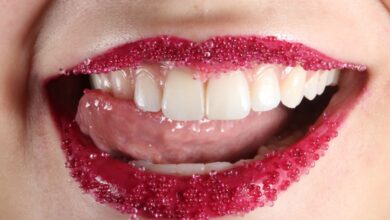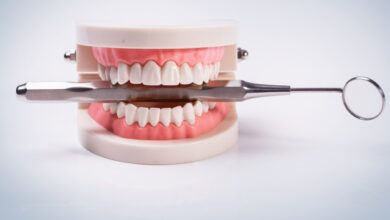Dental Hygiene and Proper Oral Health Care
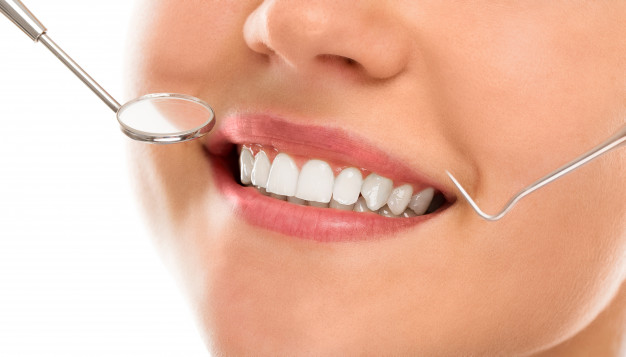
Maintaining good health is a goal that you should always be striving to achieve. When thinking about health, you may consider diet, exercise, and activities that can affect your emotional well-being. Holistic dental offices, such as Liberty Village Dental Care, focuses on treating patient’s general health through proper oral health care. Many people don’t often consider the importance of good dental hygiene as a part of their plan to maintain overall health. However, poor dental hygiene can have severe negative impacts on your body, read more.
The Connection
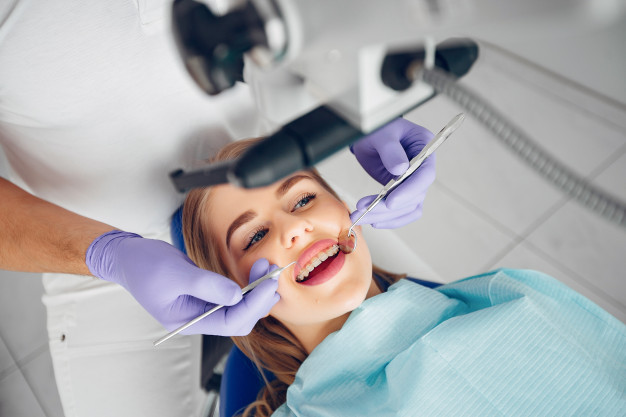
There is a connection between oral hygiene practices and your overall health. Your mouth, like it or not, is full of bacteria. Like most bacteria, some of it is beneficial for you, and some of it is harmful. The bacteria present in your mouth comes from the food you eat. Both types of bacteria can attach to the teeth and gums while eating. Since the mouth is the entry point for your respiratory and digestive tract, harmful bacteria can enter the body here without good oral hygiene practices and can wreak havoc throughout the body. Most of the time, the body can fight off the bacteria and prevent infections from occurring. However, sometimes the body is not strong enough to combat the bacteria and can cause you to develop significant health issues. This is especially true for those who have compromised immune systems due to HIV/AIDS and diabetes conditions.
Additionally, some of the medications you may be taking can cause reductions in the amount of saliva you produce. The types of drugs that often change saliva production include antidepressants, decongestants, painkillers, antihistamines, and diuretics. While you may think that reducing the amount of saliva being produced is not an issue, it can be since saliva is responsible for neutralizing the acid that the bacteria in the food you eat has. This acid from harmful bacteria is what leads to potentially life-threatening infections within the body. Therefore, proper production of saliva is essential to protecting your overall health.
Health Conditions
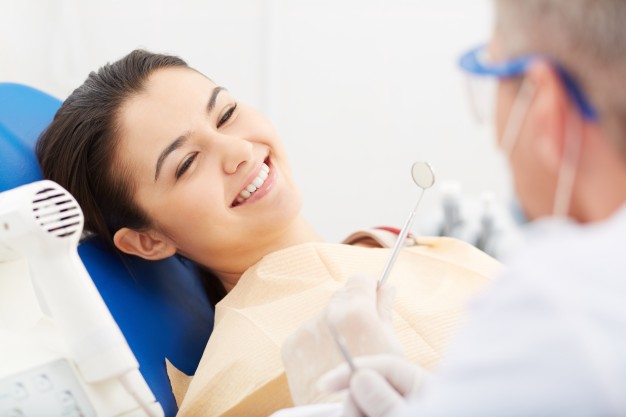
Poor oral hygiene can lead to several health conditions. The first conditions concern problems with your teeth and gums. Without proper oral hygiene practices, tooth decay and gum disease occur. Tooth decay and gum disease can progress over time as bacteria build within the mouth. A decayed tooth can be a breeding ground for other bacteria and can lead to cavities, infections, and abscessed teeth. In addition, gum disease that is not addressed with good oral care can also lead to tooth loss and infection.
Poor oral hygiene can also lead to conditions such as various heart conditions and cardiovascular disease. Endocarditis occurs when bacteria present in your mouth travels via your bloodstream to your heart, attaches themselves to the inner lining of the chambers and valves, and causes an infection. The infection, if left untreated, can then spread and cause life-threatening complications. Cardiovascular disease can also occur as a direct result of poor oral hygiene. Bacteria from your mouth can travel through the bloodstream to other areas of the body and can lead to other infections in the heart itself or too clogged arteries throughout the body. Clogged arteries can lead to stroke, and heart infections can lead to heart attacks if not caught and treated immediately.
Poor oral hygiene can be linked to problems and infections within the respiratory system as well. Harmful bacteria in the mouth that is not washed away through proper oral hygiene practices can travel to the lungs and cause pneumonia and other respiratory ailments. Although pneumonia can be mild, if not caught and treated right away, it can lead to a life-threatening emergency.
Proper Oral Care

To try and prevent harmful bacteria from entering your body through your mouth, you should incorporate good oral hygiene habits. Ensure that you are brushing your teeth at least twice a day and flossing once daily to remove particles from between your teeth. Be sure to use fluoride toothpaste and rinse with mouthwash after brushing and flossing to remove additional particles. Buy a new toothbrush at least once every three months, make sure you visit your dentist regularly to have teeth checked/cleaned and avoid the use of tobacco products.
Tongue scraping does wonders; with just a few swipes using a tongue scraper (Egyptians were first known people to practice tongue scraping), you can easily remove the gunk that builds up between the papillae on your tongue, which is a breeding ground for bacteria that cause odors (halitosis). Bad breath is instantly recognized by others and is unflattering, but it is commonly challenging to detect it yourself. After using a plastic tongue scraper, you’ll immediately notice a difference in your oral hygiene.
A water pick is a good investment too. A water pick can prevent and may even help repair gum damage like periodontitis. Also, adding a bit of acceptable sea salt to the warm water (salt kills bacteria that get under the gums) and after just a few weeks of doing this can tell the difference. In addition to water picking and brushing your teeth, rinsing your mouth after every meal, brushing once minimum properly using a proper technique is essential.
Diet is also a critical part of dental hygiene, a diet low in sugars and carbohydrates. It would help if you had a balanced diet. Get rid of pre-prepared foods and opt for whole natural foods you cook yourself, without all the preservatives. By cooking your meals, you are in control of the food you eat. Avoid consuming sweets at night and if you do, make sure you brush your teeth. A soft bristle brush is highly recommended, and most importantly, get a check-up done every six months, to catch any developing lesions in their nascent stage. Eliminate sodas and other carbonated beverages from your diet. Not only do they contain acid that will decalcify teeth, but added sugars will promote decay. Soda is also a product with many calories that offer no dietary benefits and promote obesity. Sweets need to be consumed with meals, not between. Between meal snacks, especially sweets, encourage decay. Select sugarless snacks.
Once you begin and it becomes a habit, good oral hygiene isn’t complicated.

